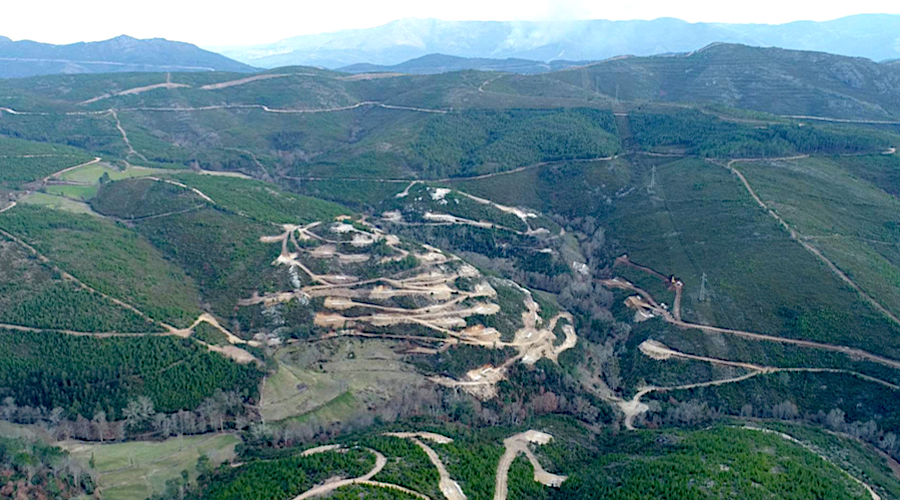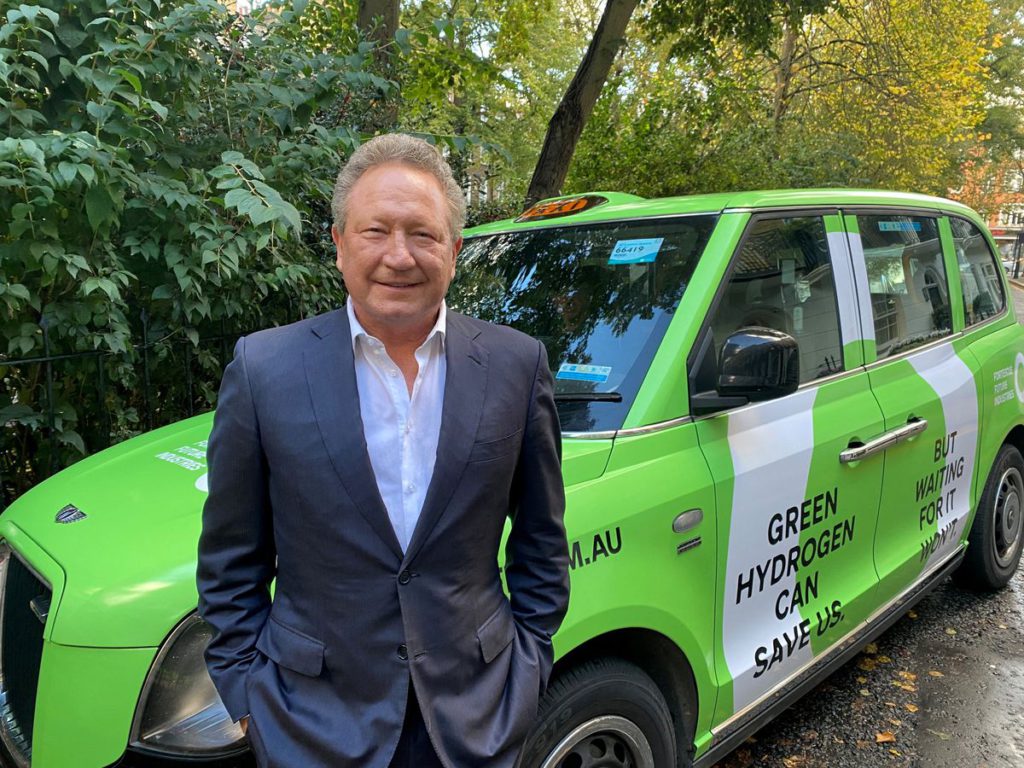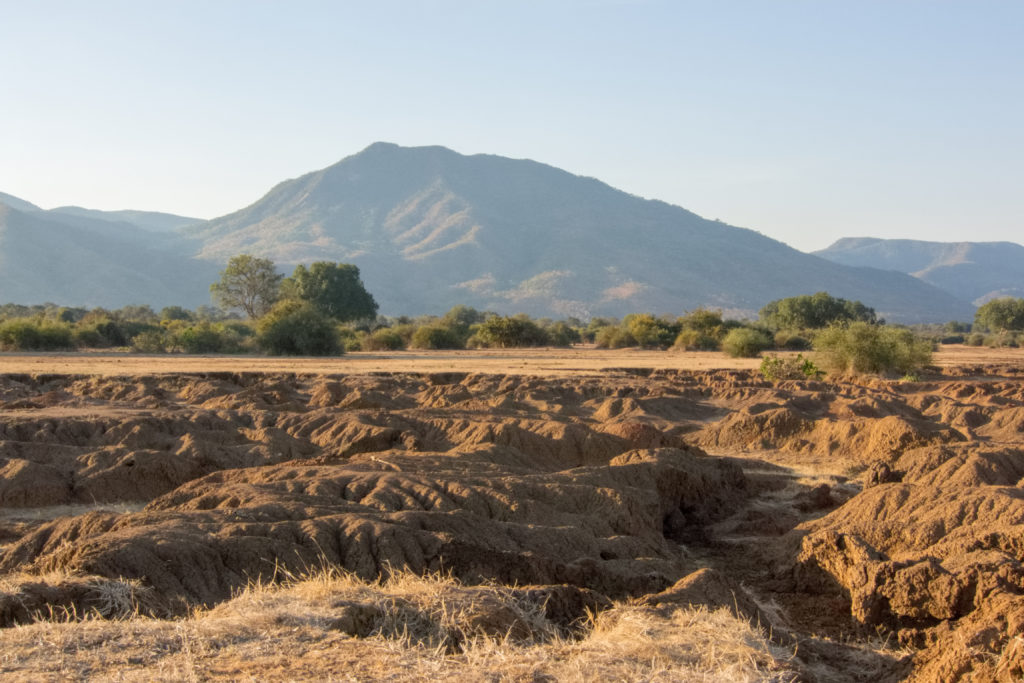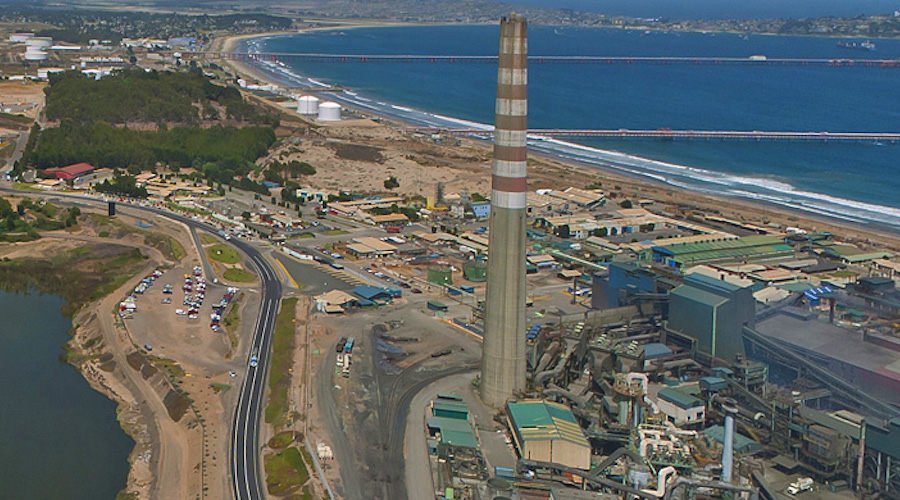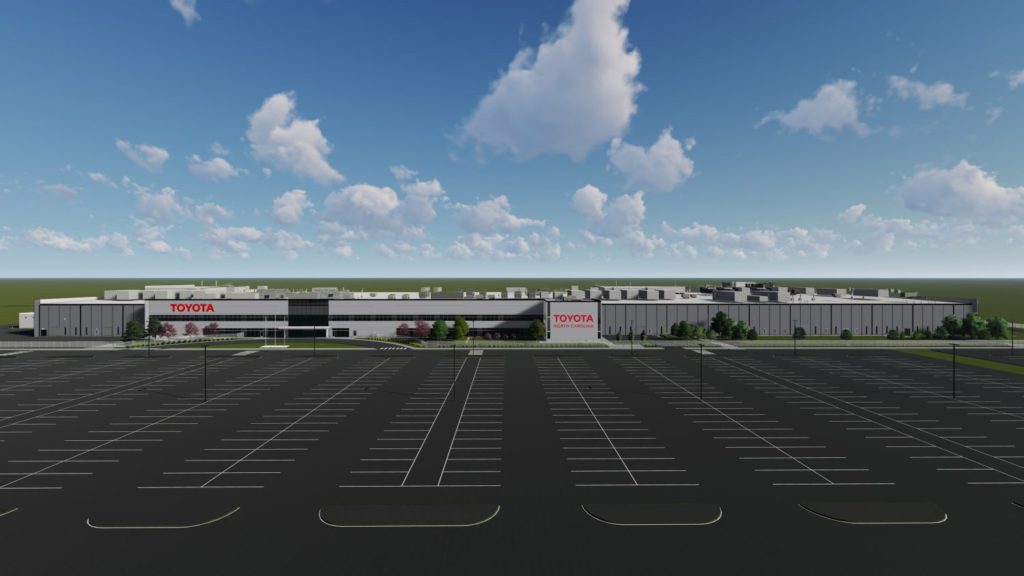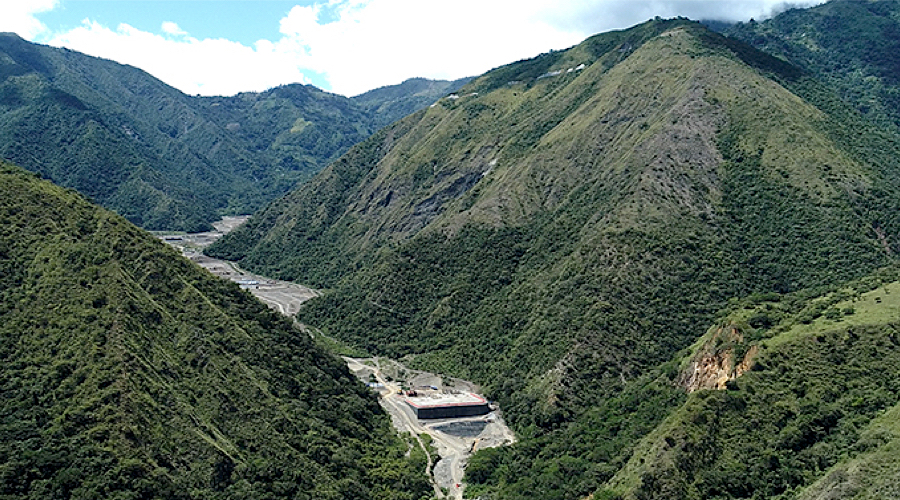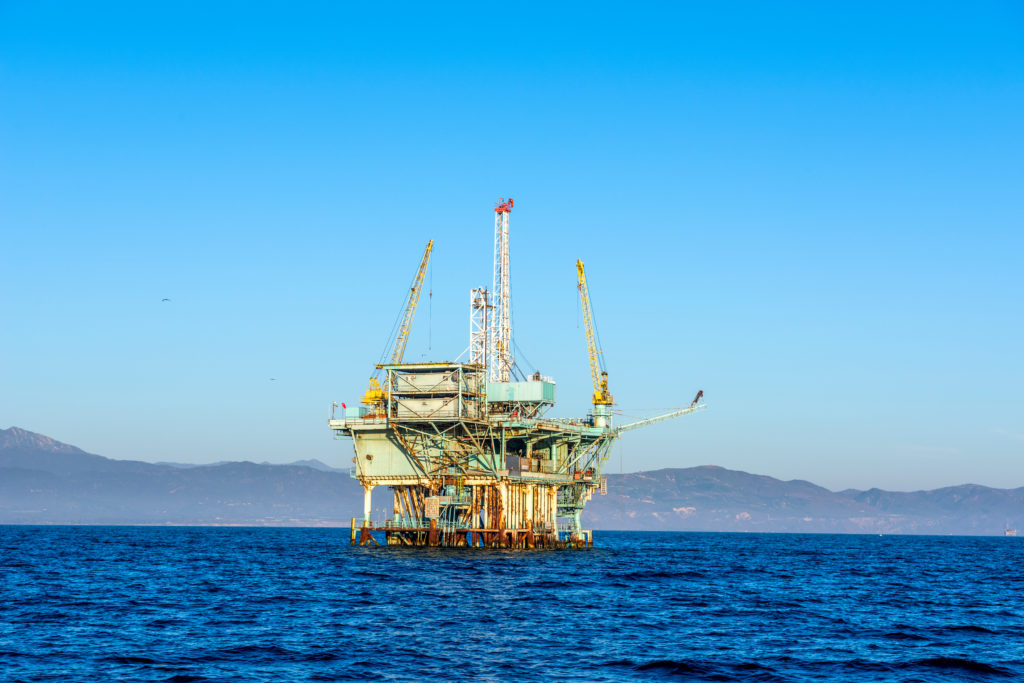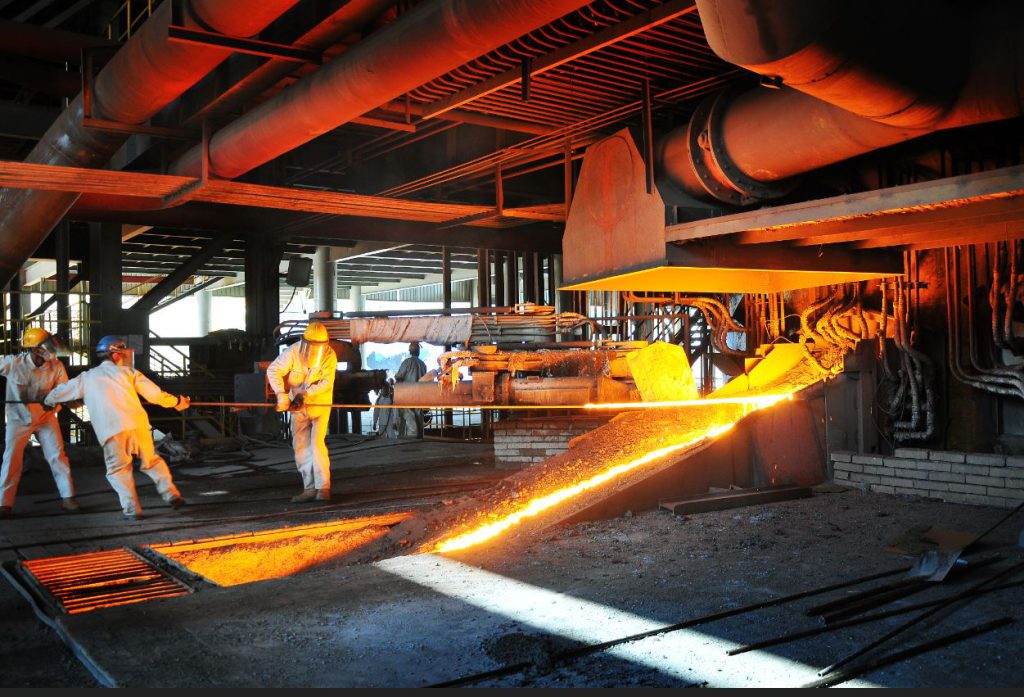Reuters | May 31, 2023 |
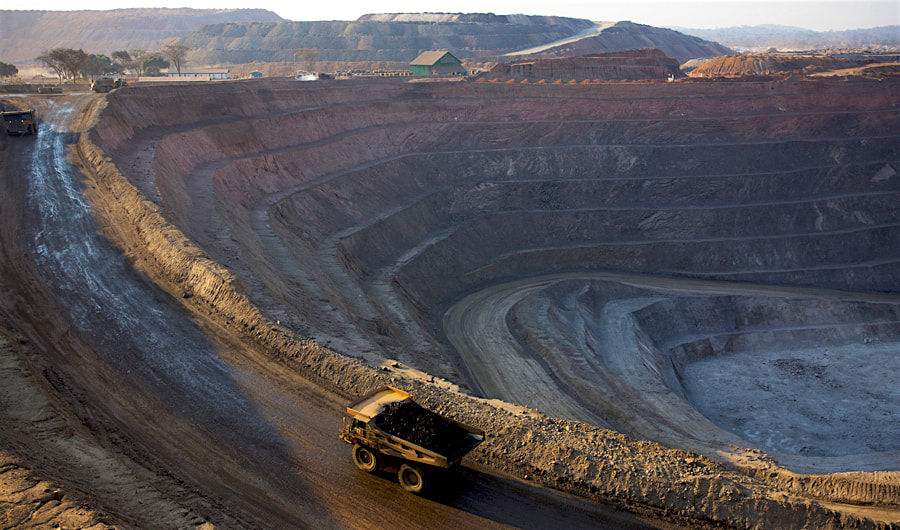
The Mutanda copper-cobalt mine, Democratic Republic of the Congo. Source: YouTube
The European Union is in negotiations with Democratic Republic of Congo, a leading source of battery minerals, and aims for talks with other African countries to shore up its supplies of critical raw materials, an EU official said on Wednesday.

As part of efforts to reduce dependency on China, which dominates supplies of minerals needed for a transition to a lower carbon economy, the EU’s Critical Raw Materials Act, which has yet to enter force, established targets to develop alternative sources.
So far the EU has signed partnerships with countries such as Canada, Kazakhstan, Namibia and Ukraine, and said deals with Argentina and Chile are imminent.
Elisabetta Sartorel, the EU’s policy officer on critical raw materials, said in a virtual presentation to the Zimbabwe Chamber of Mines annual general meeting, a delegation from the bloc would be in the Democratic Republic of Congo for discussions in June.
“We expect, in the near future, to launch negotiations with other countries in the Great Lakes region, particularly Rwanda, Uganda, Zambia and perhaps Tanzania as well,” she added.
The EU’s critical materials partnerships offer investment, collaboration on research and innovation, infrastructure development and skills development.
Sartorel said that once a critical materials agreement is signed, a roadmap of concrete action to be jointly implemented by the EU and the partner country is drawn up.
The EU however, faces an uphill struggle to catch up with China.
Its critical raw materials plan notes 63% of the world’s cobalt, used in batteries for electric vehicles, is extracted in Democratic Republic of Congo, and 60% is refined in China.
(By Nelson Banya; Editing by Barbara Lewis)
